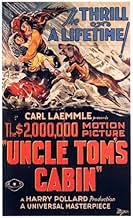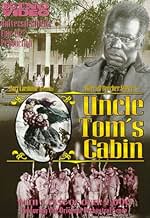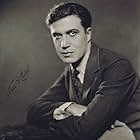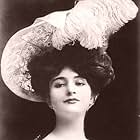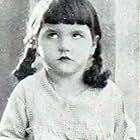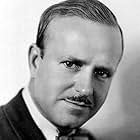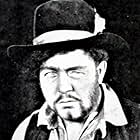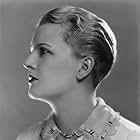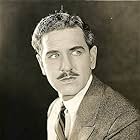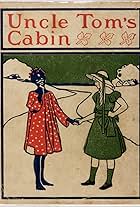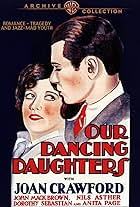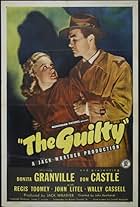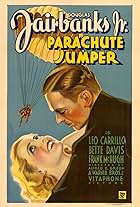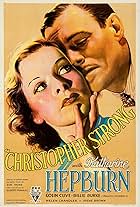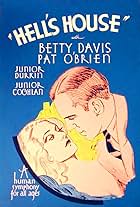Slavery tears apart a Black family in the South before the start of the Civil War.Slavery tears apart a Black family in the South before the start of the Civil War.Slavery tears apart a Black family in the South before the start of the Civil War.
- Awards
- 1 win
Arthur Edmund Carewe
- George Harris
- (as Arthur Edmund Carew)
J. Gordon Russell
- Loker
- (as Gordon Russell)
Aileen Manning
- Aunt Ophelia
- (as Aileen Mannin)
Tom Amandares
- Quimbo
- (uncredited)
C.E. Anderson
- Johnson
- (uncredited)
- Director
- Writers
- All cast & crew
- Production, box office & more at IMDbPro
Storyline
Did you know
- TriviaMargarita Fischer, past 40, came out of a two-year retirement, at the request of her husband, director Harry S. Pollard, to play the role of Eliza, but despite heavy makeup and soft-focus photography, could no longer disguise the passing of time, and never made another film. Ironically, she was only two years younger than Eulalie Jensen, the actress who played her mother.
- Quotes
Opening Title Card: "There are few, I believe, in this enlightened age who will not acknowledge that slavery as an institution is a moral and political evil." Robert E. Lee, Dec. 27, 1856
- Alternate versionsUniversal Pictures also released this movie without a soundtrack.
- ConnectionsFeatured in Abbott and Costello Meet the Keystone Kops (1955)
- SoundtracksOld Folks at Home (Swanee River)
(1851) (uncredited)
Written by Stephen Foster
Played in the score several times
Featured review
Very hard to take, but, historically important and interesting. There are some wonderful scenes- Eliza and little Harry's escape from the plantation in the wintry night, their flight across the ice covered river, the surreal death of little Eva, the turning of the tables (first by Eliza and later by Cassie) that have enslaved women using whips to beat off white men! Margarita Fischer is quite good as Eliza. She has an interesting appearance that is quite right for this kind of melodrama. Virginia Grey as the impossibly saintly Little Eva is weirdly intense- sort of like those unsettling early performance by Jodie Foster. It works to make this character strange enough to be believable. Most of the actors playing Black slaves (some of them played by unnaturally painted white actors) have a more difficult time of it- James B. Lowe does his best and does bring some quiet dignity to the central role of Uncle Tom- but the script and conception defeat him at times. Arthur Edmund Carewe (an actor whom IMDb fascinatingly claims is of Native American descent- Chickasaw- and yet is said to have been born in Tebiziond Turkey?) is quite good as George Harris the light skinned husband of Eliza and father of Harry- although he barely appears in the film since much of George's story has been edited out. The most painfully offensive scenes belong to Mona Ray who plays the ridiculous caricature of the happy little mischievous slave Topsy. Interestingly the DVD has deleted scenes that push Topsy further towards a psychological study in self hatred- check them out of you rent this one- I am not sure if they were deleted in 1927 or at a later re-release date (Topsy uses the N word to refer to herself in the deleted scenes and in one fascinating scene ritualistically powders herself white in an attempt to become "good" like Ms. Eva. Of course, the film is a ridiculous and utterly offensive view of the history of slavery- that shamelessly panders to racist notions of European superiority. In this it does not depart from novel as much as make the narrative mo
- How long is Uncle Tom's Cabin?Powered by Alexa
Details
Box office
- Budget
- $1,500,000 (estimated)
- Runtime2 hours 24 minutes
- Color
- Sound mix
- Aspect ratio
- 1.33 : 1
Contribute to this page
Suggest an edit or add missing content



